In recent years, glass bottles have become lighter in order to reduce CO2 emissions, freight costs and on the other side, increasing the bottles’ stress resistance. At the same time, production lines have become faster, resulting in higher forces involving the bottles. Good quality glass treatments, as the one presented here by Bohemi Chemicals, are now a fundamental part of glass container production.
 |  |
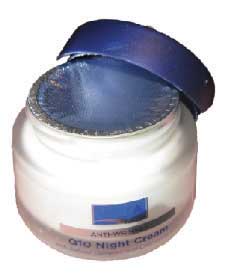
Glass is one of the most eco-friendly and versatile materials on the planet but its microstructure cannot sustain the high stresses to which it is subject during its life cycle. Glass bottles have to sustain kilometres of conveyor belts, filling and packaging operations, transportation and many more processes while maintaining their beautiful aspect for the final consumer.
The need to protect glass containers has become even more important now as, since lightweighting has become a norm to reduce CO2 emissions, the containers need to be protected from the faster production lines too.
POLYGLAS 5010
Polyglas 5010, the new sealant for glass jars ready to use in food and cosmetics packaging, is an aqueous dispersion based on high molecular weight ethylene copolymer thermoplastic. It is suitable for gluing paper and aluminium protective foils on the top of jars and glass containers for chocolate spreads, yogurt and jams.
It is ideal for yoghurt, chocolate spread, soluble coffee, high value cosmetics, containers and more.
P5010 makes the existing seal very strong, and there are no tear tabs on glass lids, which can be of coated aluminium such as Surlyn.
HEC can be used on glass but but CEC can be avoided; while the jar collar must be clean before applying 5010.
There are two ways to use P5010: by spray, which is easier, as its similar to CEC; by roller, much more technical.
P5010 can be diluted 3-5 per cent or more depending on the required standard.
Jar lip temperatures of 80°C obtained by induction are
sufficient to activate the adhesion between the glass and the aluminium.
P5010 must be applied homogeneously all over the surface so as to avoid leaks where the glass has not been covered.
With P5010 there is absolutely no residue of adhesive on the lip of the jar after opening.
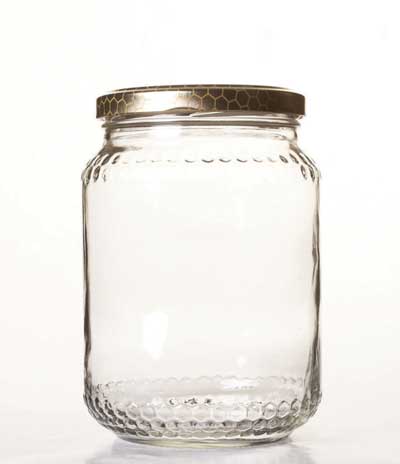
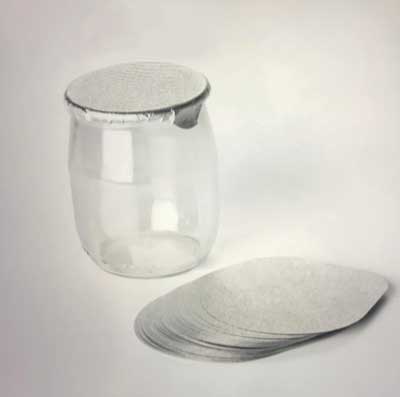
PROPERTIES
- heat-seal coating with good flexibility on many substrates such as metal, glass, plastics such as polyethylene;
- it provides a clear film which is resistant to water, solvent, grease;
- after the application can be left to dry and subsequently reactivated by the food producer after filling operations.
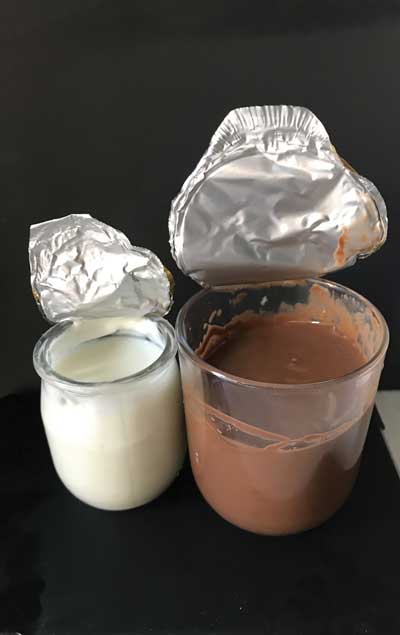
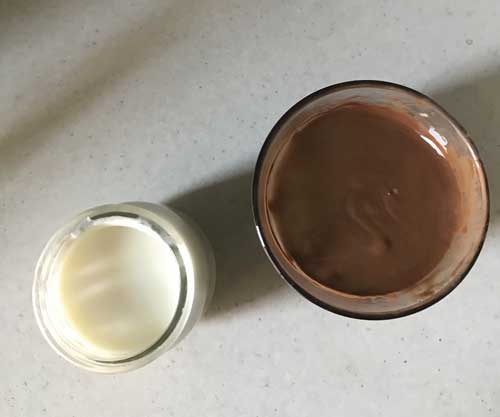
APPLICATION
- it can be applied pure or diluted with demineralised water;
- drying takes place starting from room temperature up to 120°C.
- after complete drying, the recommended heat seal temperature is 90-130°C.
STORAGE CONDITIONS
- shelf life: six months in original status;
- must be protected from frost during transport, storage between 5 and 35°C.
FOOD LEGISLATION
Its formula respects many food agreements including Regulation (UE) n. 10/2011 concerning plastic materials intended to enter in contact with food products (food contact status available on demand) as well as FDA 175-300 or 175-105).
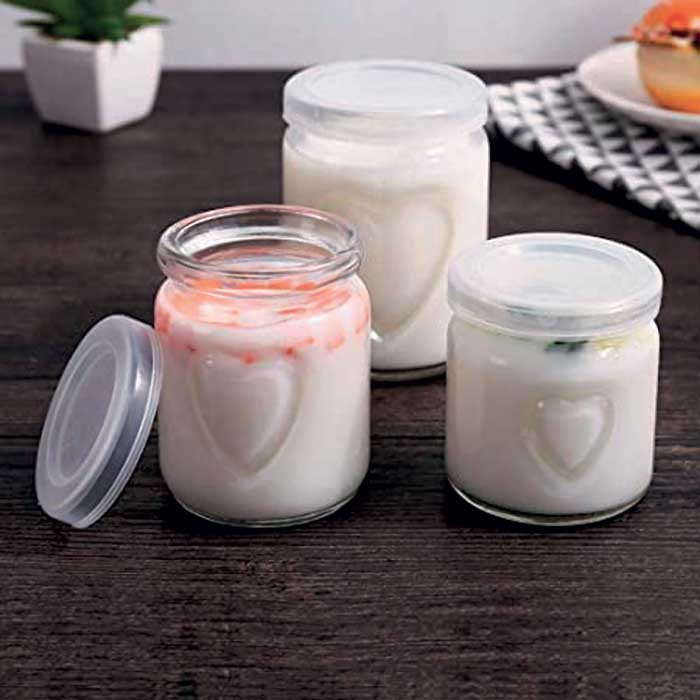


Bohemi Chemicals Srl
www.bohemichemicals.com




